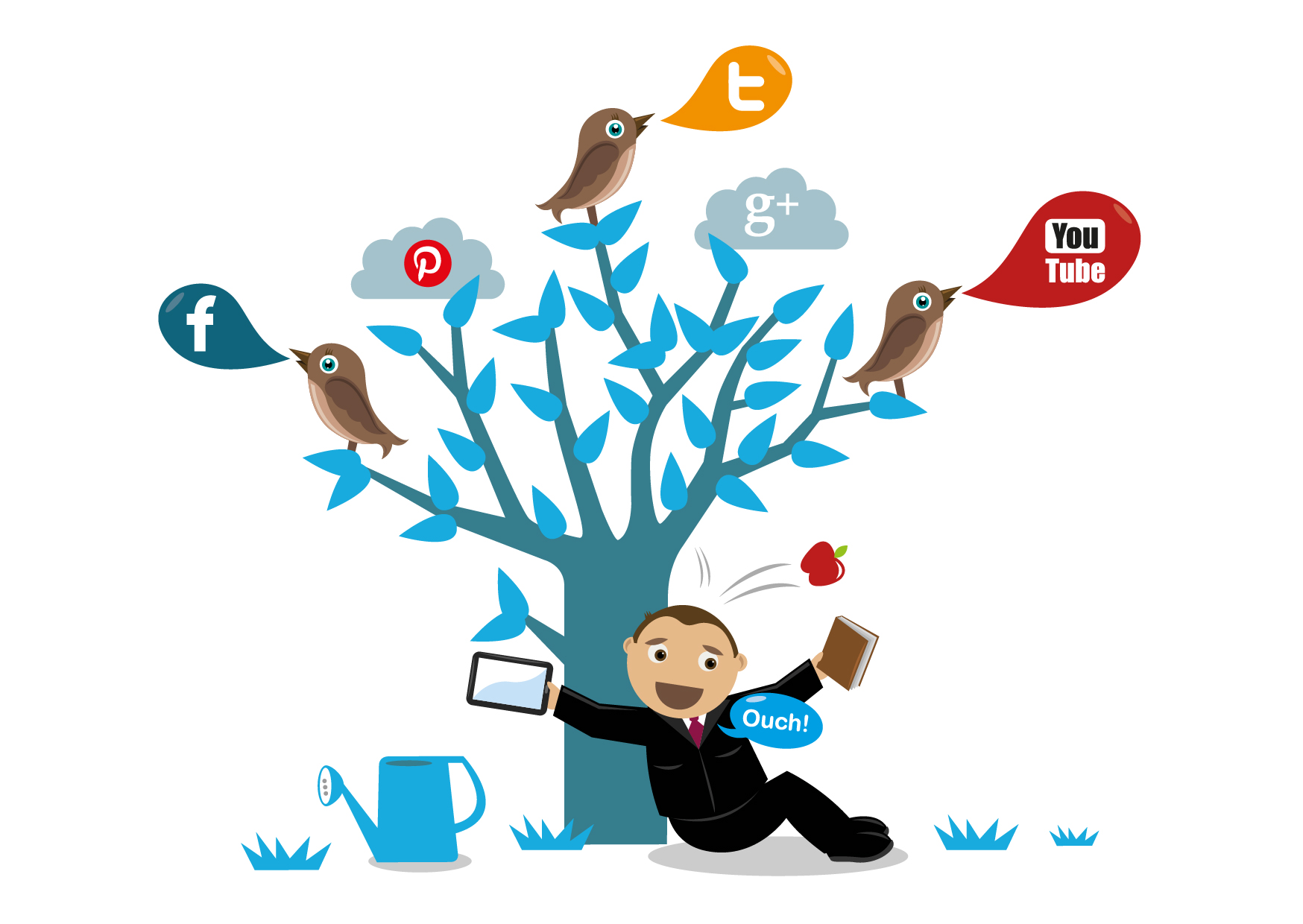Inflation vs Business Opportunities:
 Inflation is a quantitative measure of the rate at which the average price level of a basket of selected goods and services in an economy increases over a period of time. It is the constant rise in the general level of prices where a unit of currency buys less than it did in prior periods. [1]
Inflation is a quantitative measure of the rate at which the average price level of a basket of selected goods and services in an economy increases over a period of time. It is the constant rise in the general level of prices where a unit of currency buys less than it did in prior periods. [1]
As prices rise, a single unit of currency loses value as it buys fewer goods and services. This loss of purchasing power impacts the general cost of living for the common public which ultimately leads to a deceleration in economic growth.
Effects of Inflation on Businesses:
1. Consumer Purchasing:
Rapidly rising prices will cause consumers to “stay away in droves”. There are ways for businesses to plan for inflation to reduce the chances of revenue loss. Gradually increasing prices will prevent a sudden price hike
2. Inventory Costs:
Rapidly rising prices not only affect the price consumers pay, but they also affect the cost businesses have to pay for materials and inventory. When replacement inventory costs more than the inventory you just sold, it can lead to inventory shortages.
3. Price Changes
When service and product prices fluctuate, businesses have to spend money printing new menus or changing price tags to list the correct prices. These costs are called ‘menu costs’, and they affect brick and mortar businesses most heavily.
4. Borrowing
Early in the inflation cycle, banks are actively expanding their loan portfolio as the easy money policies of the government kick the economy into overdrive. During this artificial “boom” many businesses succumb to the lure of easy money and think that getting a business loan is a good idea.
5. Investment
 For businesses hit hard by high inflation, upgrading outdated electronics and equipment becomes nigh impossible. The office might benefit from a new computer, and a remodel might appeal to customers, but those kinds of upgrades aren’t going to be possible.
For businesses hit hard by high inflation, upgrading outdated electronics and equipment becomes nigh impossible. The office might benefit from a new computer, and a remodel might appeal to customers, but those kinds of upgrades aren’t going to be possible.6. Employee Wages
One of the major costs of doing business for most companies is employee wages. Typically, employees suffer more than companies due to inflation.In addition, inflation gives businesses an opportunity to reduce the cost of employee wages. Employees won’t agree to a pay cut, but by increasing employee wages by a rate lower than the inflation rate businesses can lower their employee wages expenses.
7. Foreign Exchange
 As inflation occurs, the purchasing power of the dollar falls, relative to other currencies. If the dollar falls in value, costs for international purchases increase.
As inflation occurs, the purchasing power of the dollar falls, relative to other currencies. If the dollar falls in value, costs for international purchases increase. References:
https://www.investopedia.com/terms/i/inflation.asp [1]
https://inflationdata.com/articles/2017/06/07/effects-of-inflation-on-businesses/




